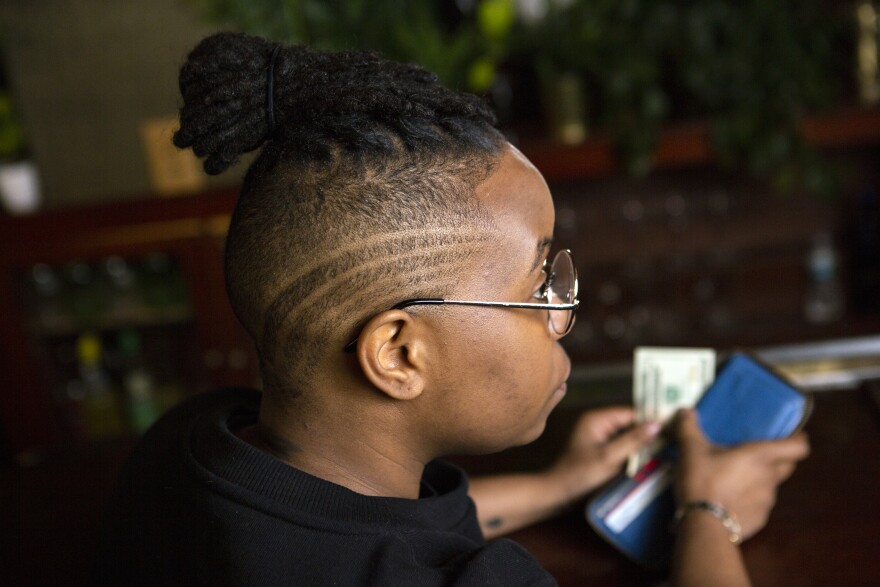Cincinnati City Council will vote Wednesday on a nondiscrimination ordinance that would protect natural hair types and styles.
Council Member Chris Seelbach introduced the legislation and says hair is one way black women are discriminated against.
Miami University Sociology Professor Rodney Coates says white women may not feel these societal pressures since beauty standards are typically created based on their features. "There's this historical link where aspects of beauty and what is refinement; but also, what is acceptable is based upon white hairstyles and not black hair styles," he says.
Natural hair is a reference to the texture that grows without chemical treatment.
The "Good Hair" survey by Perception Institute, an organization of researchers, advocates and strategists, found that one in five black women say they feel social pressure to straighten their hair for work, which is twice as much as white women. Despite this, some black women have been embracing their natural hair. WCPO news anchor Kristen Swilley went viral in 2018 for her decision to go natural.
"Natural hair has become a place where people feel empowered to reclaim their cultural and racial identity and counter the expectations that other people have imposed on us," University of Cincinnati Ph.D. Sociology Candidate Brittney Miles says.
Seelbach says California's nondiscrimination law passed in July sparked his interest. He says he asked black women about their experiences and heard stories of discrimination. "Real examples today where they were denied job opportunities or made to feel inferior because of their hairstyles," he says.
New York has also passed a similar law protecting people wearing their natural hair.
Locally, some people oppose the ordinance and see it as unnecessary.
But Miles says the ordinance could make systematic change. "That’s not just an upper level change," she says. "That begins to change our culture and how we interact on a daily basis." Miles says diversity and inclusion means as a society, we must change how we view people.
If the legislation passes, it will protect people in employment, housing and public accommodation.


